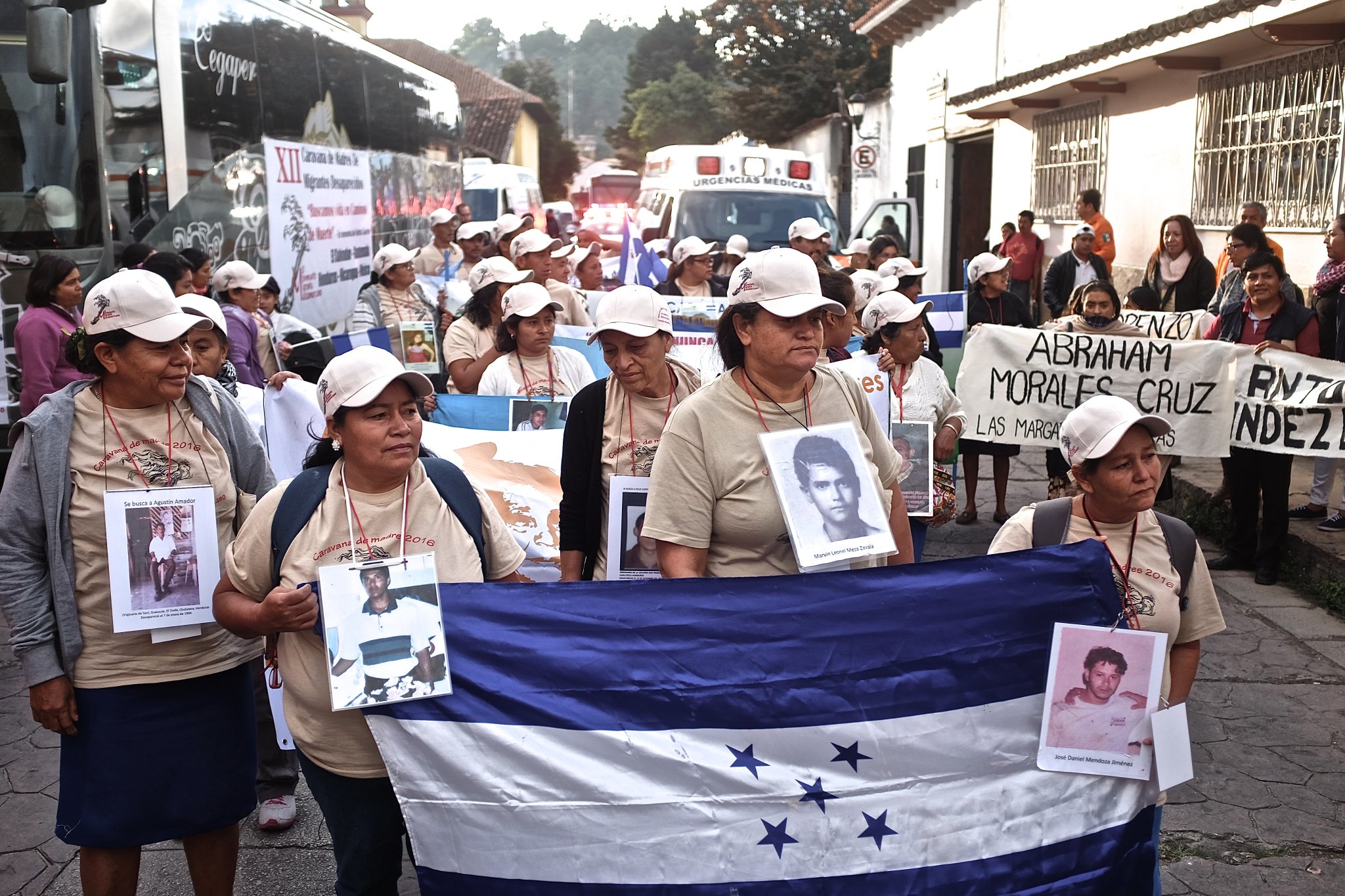The Hemispheric Institute of Performance and Politics at New York University has launched a website on the Ecologies of Migrant Care. The project aims to research, document, and make visible the humanitarian emergency resulting from ongoing expulsion of refugees and migrants from Central America, and the work being done to protect and advocate for those people. The website features nearly 100 interviews with migrants, activists, faith leaders, and journalists who offer witness to the violence and suffering faced by undocumented migrants.
Over the last decade, millions of Central Americans have left their countries of origin, fleeing widespread extortion, forced recruitment by drug gangs, land dispossession, hunger, and a regional homicide rate that is among the highest in the world. Once in Mexico, migrants face horrendous abuses at the hands of numerous predatory actors who assail them at every turn as they attempt to cross Mexican territory. These abuses include extortion, robbery, rape, kidnapping, human trafficking, forced disappearance, and execution at the hands of criminals. Mexican federal and local police forces as well as immigration officials often collude with these actors or act independently to extort and inflict violence on undocumented migrants. Those who succeed and make it to the U.S.-Mexico border face the perilous crossings through the Arizona desert, border enforcement that extends 100 miles into U.S. territory, and an increasingly punitive detention and deportation regime. The violence and suffering wrought upon the men, women, and children in transit is staggering.
In response to this humanitarian catastrophe, we have seen the emergence of a complex array of actors, organizations, and movements working regionally, nationally, and transnationally, that have mobilized to protect and advocate for migrants across the region, beginning in the Northern Triangle and extending throughout Mexico and the United States. These ecologies of migrant care include numerous churches and religious organizations, secular nongovernmental organizations, religious leaders, political movements, think tanks, specialized media outlets, international forensic anthropology teams, as well as state bureaucracies and human rights commissions, and private contractors. These ecologies of migrant care are distributed and recombinant, encompassing a broad range of strategies, and political and theological orientations. Together, they have emerged to defend and demand the rights of millions of people both in place and in transit in Honduras, Guatemala, and El Salvador, across Mexico, and throughout the United States and Canada.
This website houses nearly one-hundred interviews with migrants, activists, faith leaders, journalists, academics, and artists — women and men whose stories and experiences, together, offer witness to the atrocity of persons and governments that define our time, and to the strength and ethical fortitude of those who confront it. We make these interviews and other resources publicly available in English and Spanish in the hopes that activists, students, journalists, researchers and others may use them to strengthen and amplify these vital efforts.





